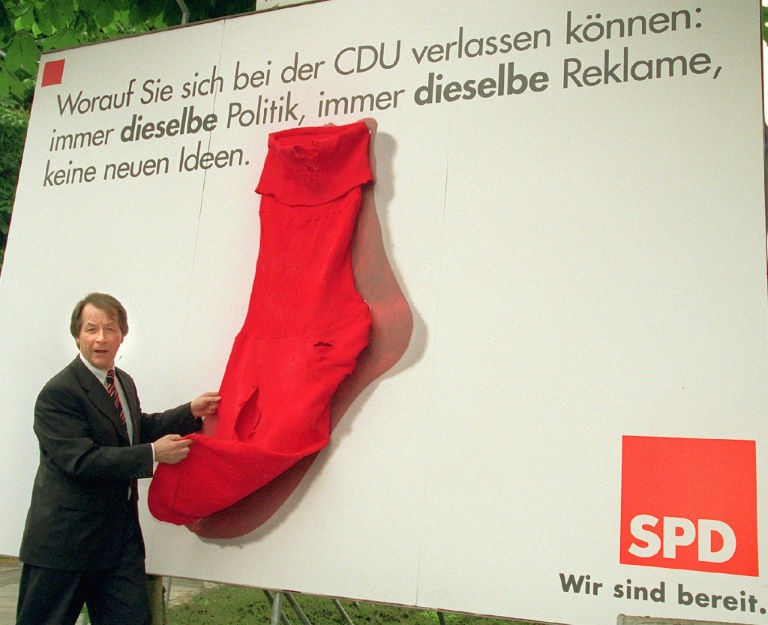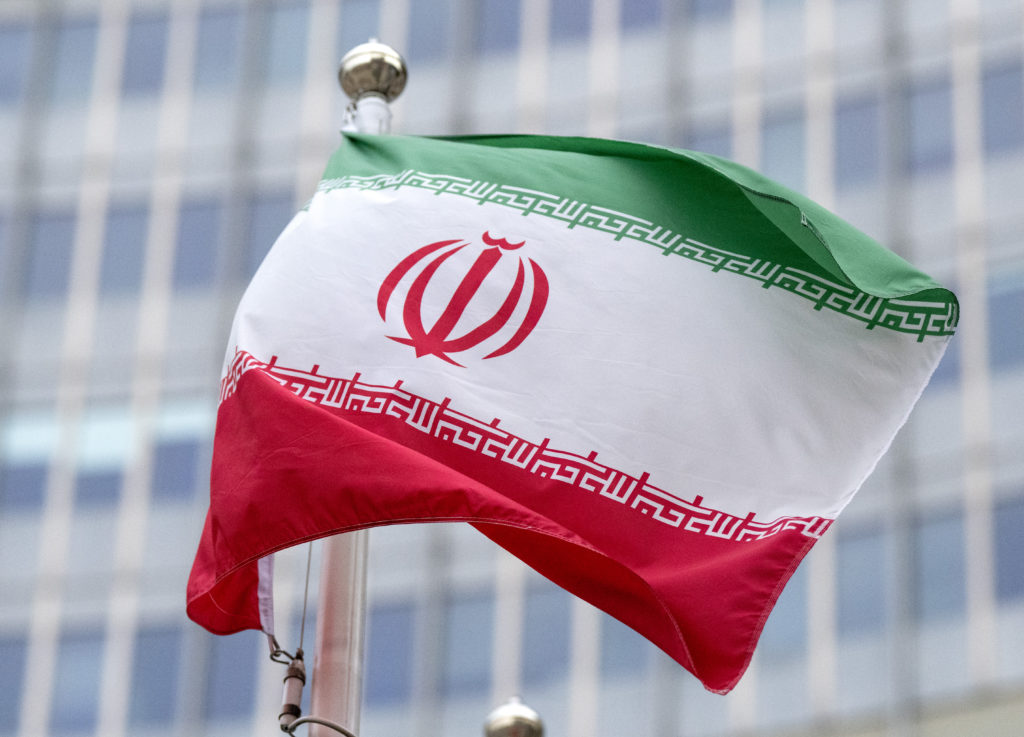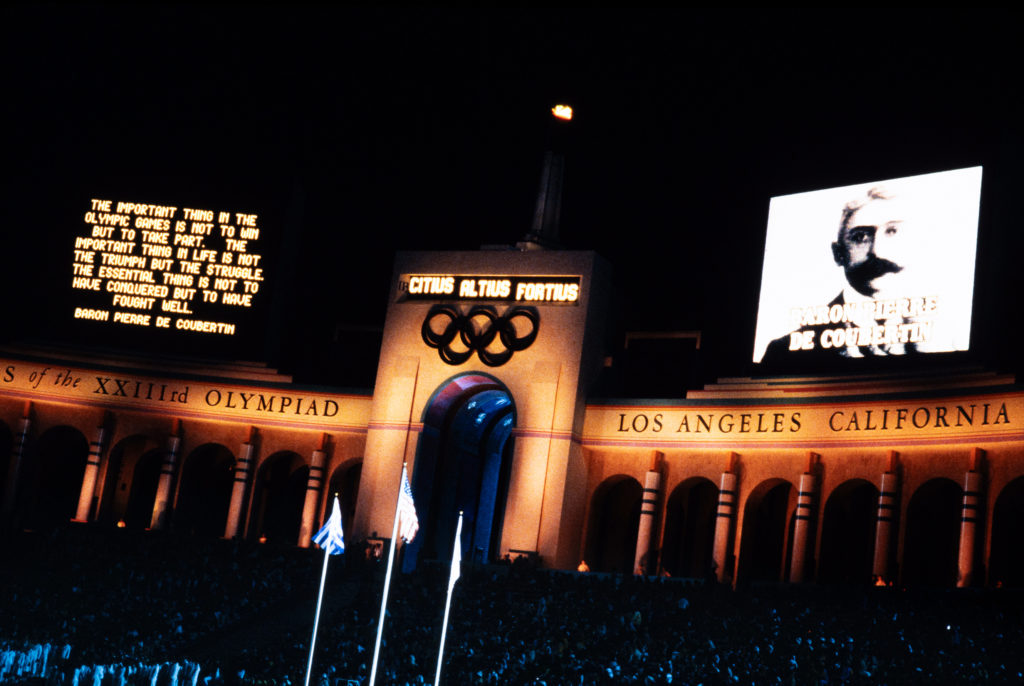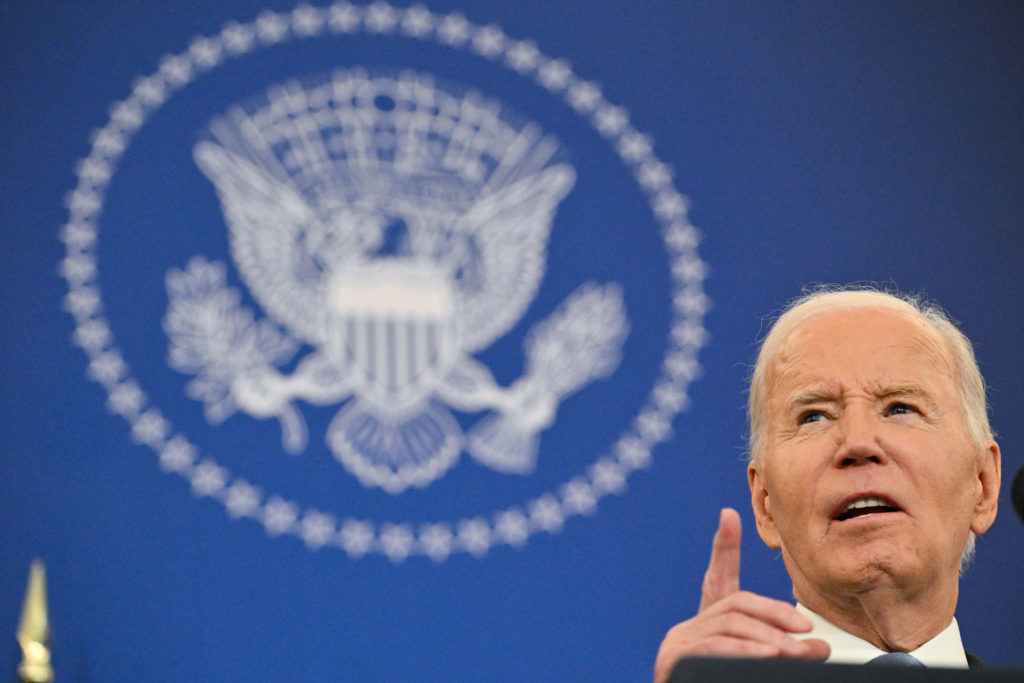A curious trend swept Germany in 1994 — red socks began appearing in windows and on posters. Twenty-seven years on, the sartorial gimmick is once again making headlines in Europe’s biggest economy.
The peculiar scene has less to do with fashionistas than politicians. Then, as now, the red socks were a campaign strategy deployed by Chancellor Angela Merkel’s CDU party as a warning to voters lurching to the left in upcoming elections.
“Return of the red socks”, “red socks campaign 2.0”, German media has blasted in recent days, harking back to a campaign strategy inspired by the derisory term in the former East Germany for particularly unpleasant communist party members.
The CDU used it in 1994 to warn against letting the far-left PDS into parliament.
And it is now being repeated to stir up fears against voting in a leftist government.
Polls show that Merkel’s conservative centre-right CDU-CSU alliance is set to lose against the centre-left Social Democratic Party (SPD) for the first time in 16 years.
The SPD’s leading candidate, Finance Minister Olaf Scholz, is now in pole position for her crown.
A win would potentially usher in the first SPD-led government since the party under Gerhard Schroeder lost by a whisker in 2005 to Merkel’s conservatives.
It would also open up a myriad of constellations for which coalition might govern for the next four years — including one which could include left-wing extremists, according to Merkel’s party.
– Red herring? –
Heirs of ex-East Germany’s communist party, the far-left Linke, with its anti-NATO stance and staunch opposition to military deployments abroad, was once dismissed as a fringe party.
But now, not a day goes by without a CDU-CSU heavyweight warning against letting the Linke in through the backdoor if voters pick Scholz.
At a key debate on Sunday, the conservatives’ pick to succeed Merkel, Armin Laschet, accused Scholz of being “dishonest” with voters over the issue, saying the SPD candidate harboured secret plans to form a coalition with the Linke.
The radical-left party is also eyeing a spot in the next government as part of a three-way combination that also includes the ecologist Greens.
But Linke’s leader Dietmar Bartsch said his party was the natural partner for the SPD, rather than the liberal FDP, the other possible coalition partner.
The only question is whether the SPD “really wants to implement its campaign programme,” Bartsch said.
On domestic matters — be it climate change, immigration or social policies — the SPD and Greens have more in common with the Linke than with the FDP.
Yet the Linke’s foreign policy stance has always made it a pariah for mainstream parties at the federal level.
Scholz’s refusal to rule it out as a potential SPD coalition partner has only fuelled speculation.
But analysts say there is little chance of the Linke making it into a coalition.
Political analyst Gero Neugebauer told AFP that the threat was being drummed up by the CDU-CSU “in order to mobilise its supporters”.
He said that Scholz’s refusal to voice a clear stance on the Linke was tactical posturing ahead of post-election coalition negotiations.
Scholz’s “official silence also serves as pressure on the FDP, which wants absolutely to govern,” said Neugebauer.
– ‘Continuity’ –
Scholz, who is also Merkel’s vice-chancellor, is no left-wing firebrand.
The 63-year-old stems from the tradition of SPD chancellors like Helmut Schmidt or Schroeder who are more centrist than their party, said Paul Nolte of Berlin’s Free University.
“I expect from a government under a chancellor Scholz the continuity that has always been part of changes of governments in this country. This applies to foreign, European and security policies,” he told AFP.
The SPD has already been taking the lead on social policy in repeated coalitions with Merkel.
And on Germany’s purse strings, Scholz has said that Berlin must return to budgetary rigour in 2023 after unleashing a trillion-euro bazooka to ward off coronavirus pandemic damage to the economy.
Any major changes, said Nolte, could instead come in climate and transport policies.
Nevertheless, Scholz will likely seek to present a new departure from Merkel’s right-left grand coalitions.
“They will certainly want to show how their new agenda is different from these previous coalitions,” said political scientist Tarik Abou-Chadi at Oxford University’s Nuffield College.











